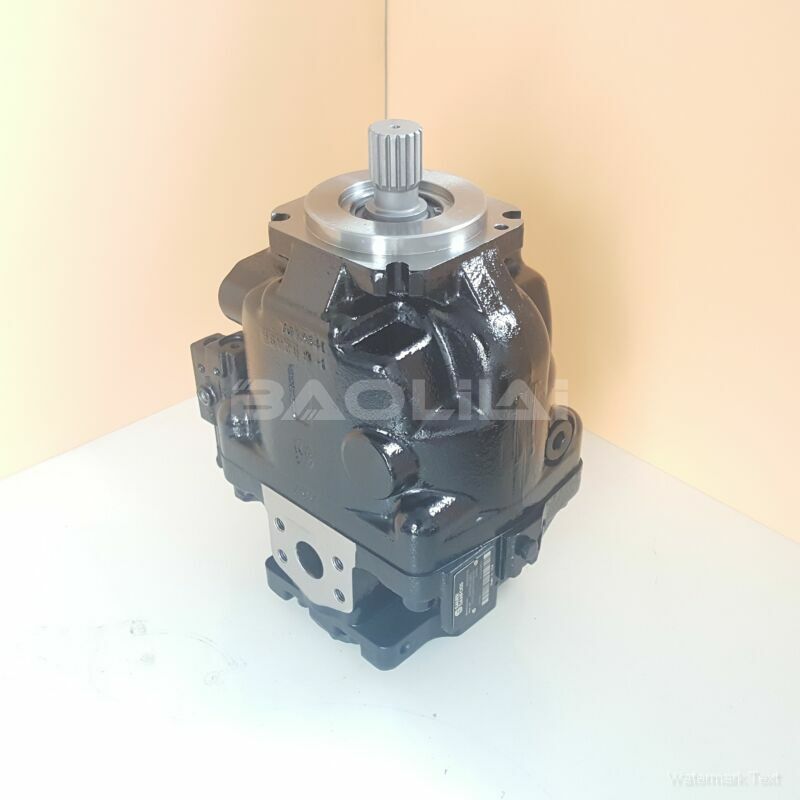ERL130BAG1520NNN3S4CPA1NNNNNNNNNN hydraulic oil pump
ERL130BAG1520NNN3S4CPA1NNNNNNNNNN hydraulic oil pump

- Product Details
- Applicable Scene
In the realm of industrial fluid mixing systems, hydraulic pumps play a pivotal role in ensuring efficient and effective operation. These systems are essential across various industries, including chemical manufacturing, food processing, pharmaceuticals, and wastewater treatment, where precise fluid mixing is critical to achieving desired product quality and consistency. This article will explore the importance of hydraulic pumps in these systems, the types of pumps commonly used, and the factors influencing their selection and efficiency.
ER-L-130B-AG-15-20-NN-N-3-S4CP-A1N-NNN-NNN-NNN
ERL130BAG1520NNN3S4CPA1NNNNNNNNNN
Hydraulic pumps are devices that convert mechanical energy into hydraulic energy by moving fluids through a system under controlled pressure and flow rates. This capability is vital in fluid mixing systems, where an ideal mix of various components is essential for optimal results. The ability to manipulate pressure and flow allows operators to achieve the desired mixing characteristics, such as viscosity, density, and uniformity.

83031574
There are several types of hydraulic pumps commonly used in industrial fluid mixing systems, each with unique advantages. Gear pumps, for example, are preferred for their simplicity and ability to handle high-viscosity fluids, making them suitable for applications requiring the mixing of thick, viscous materials. On the other hand, diaphragm pumps are known for their ability to maintain the integrity of the fluids being mixed, especially when dealing with corrosive or sensitive materials.
Another type of pump frequently employed in mixing systems is the centrifugal pump. These pumps are ideal for applications requiring high flow rates and can effectively handle lower-viscosity fluids. Their design promotes continuous flow, which is essential for maintaining a uniform mixture throughout the mixing process.





